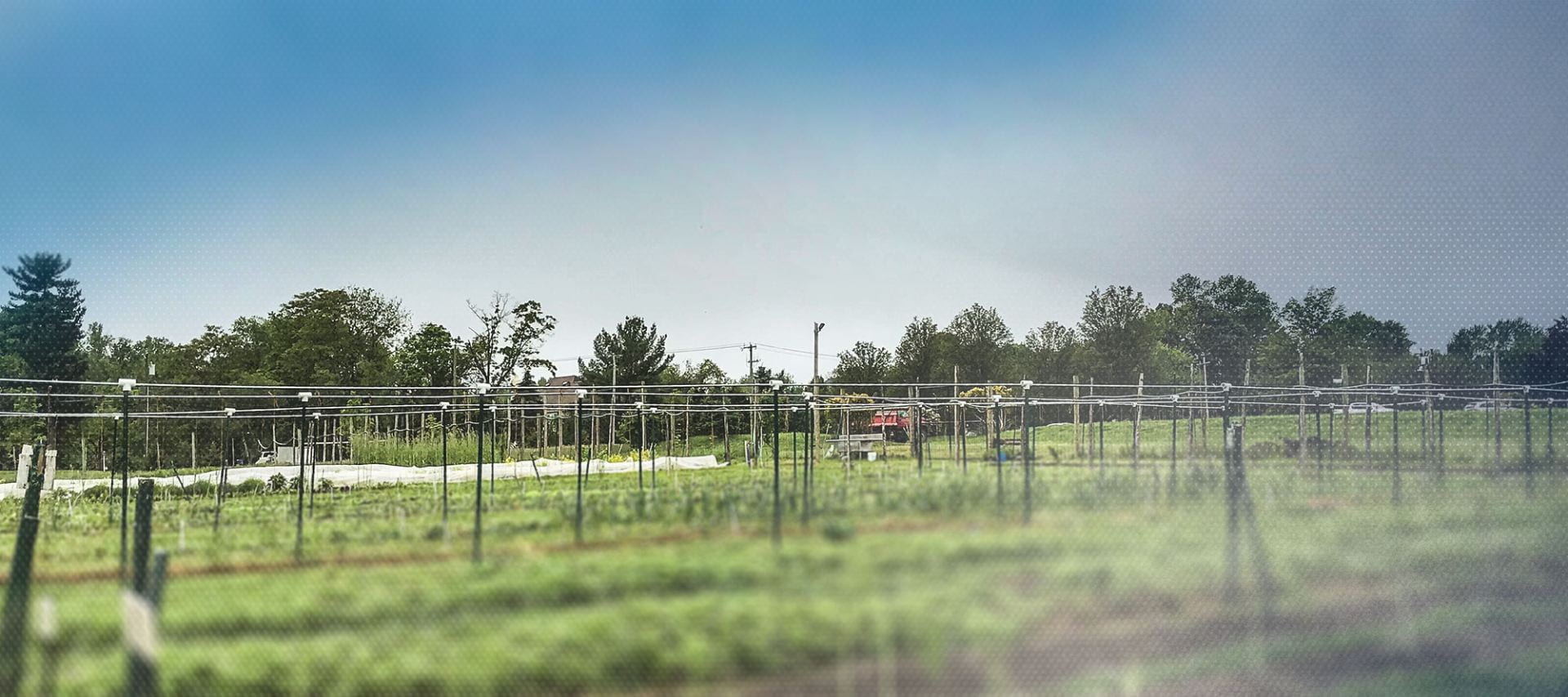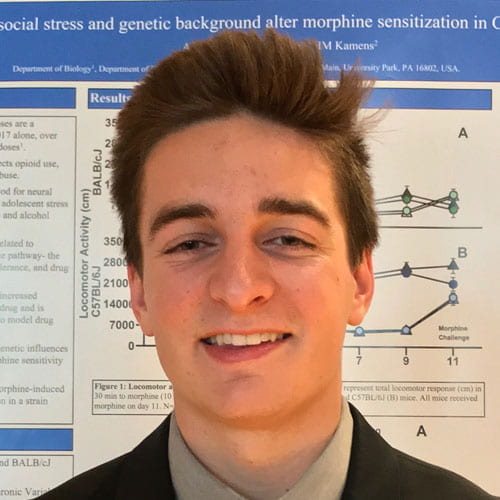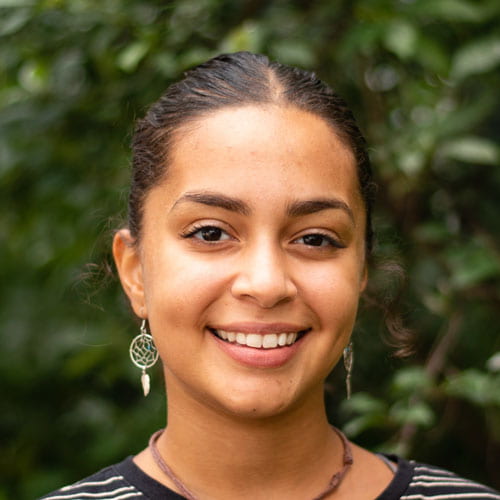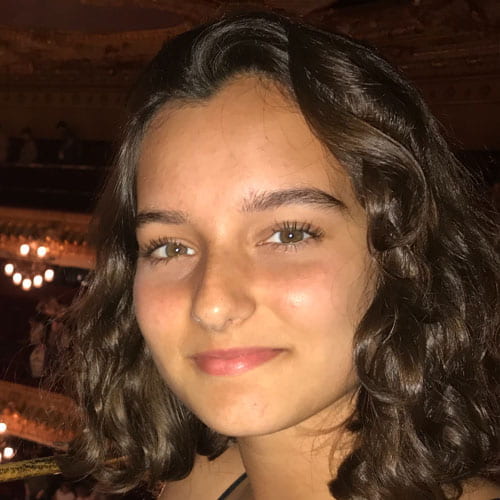
Focused on the Future
When many companies and organizations cancelled in-person summer learning opportunities due to COVID-19, the Student Engagement Network stepped forward to keep students on track to their dreams.
Since 2017, the Student Engagement Network (SEN) has helped undergraduates to take their Penn State education beyond the classroom by connecting them with internships, research, leadership development, and more.
As the pandemic changed the academic and professional landscape, the SEN team quickly came up with a way to keep the learning going through summer 2020. It has awarded fifty Remote Innovation Grants to undergraduates who have proposed projects ranging from virtual internships to safely distanced community service to remote research partnerships with faculty. Here are the stories of three students who have received grants.

Aidan Peat, Biology – Vertebrate Physiology major
What were your original plans for summer 2020?
Prior to COVID-19, I was planning on spending the summer shadowing physicians at the University of North Carolina Hospital and volunteering with a local volunteer fire department. However, due to the pandemic, it is not safe to shadow physicians in the hospital setting.
How will you be using your grant from the SEN?
As a firefighter and emergency medical technician in my community, I have responded to many opioid overdoses, and I have seen the impact opioid addiction has had on society. This summer, I will analyze the work of Dr. Helen Kamens and the Penn State Behavioral Neurogenetics Lab, investigating the influence of adolescent social stress and genetic factors on morphine drug responses in mice. Applying what we learn this summer could have profound impacts on both the research community and public health in general, resulting in tailored prevention or intervention strategies. It also matters to my own future: I’m an aspiring physician, and undergraduate research experience will be critical for acceptance into medical school
What does it mean to you to receive support from the SEN to pursue this project?
The funding is offsetting the costs of an unpaid virtual research experience, but more importantly, it’s emphasizing the University’s commitment to undergraduate education and engagement. Even during such chaotic times, Penn State students are looking for ways to better themselves and make great change in their communities. With the SEN grant program, the possibilities are endless!

Lana Mejias, Community, Environment, and Development major with a specialization in Agroecology & Sustainable Agriculture
What were your original plans for summer 2020?
I was scheduled to do a 12-week internship at North Carolina State University, researching soil health in their Center for Environmental Farming Systems with top researchers and extension workers in the field. The program was cancelled, so I’m spending my summer at home in Philadelphia to do this project and also work on a local farm.
How will you be using your grant from the SEN?
My project, “Bridging Health Disparities through Vertical & Urban Farming” is a way for me to stay engaged in the field of agricultural sciences close to home in Philadelphia, while also making fresh, locally-grown produce more available and easily accessible for people dealing with food insecurity and living in food deserts, which is very common in urban areas. I am using the skills I’ve acquired though my major to engage community members and respond to their needs. I’m also practicing the technical skills I’ve acquired through working on many organic farms to grow the produce for donation.
What does it mean to you to receive support from the SEN to pursue this project?
I would not have been able to do this without the funding since agricultural inputs and supplies for a larger-scale production scheme can cost a lot of money. I am very grateful to have funding to make this possible. It’s making my dreams and aspirations come true, and it’s impacting my community as well.

Neela Talwar, Economics and Spanish major
What were your original plans for summer 2020?
I was originally going to be interning in Washington, D.C., at the United States Department of State in the Bureau of Democracy, Human Rights, and Labor, but the internship program was unfortunately cancelled for the summer.
How will you be using your grant from the SEN?
I will be working remotely as an intern for KNG Health Consulting LLC, a health economics consulting firm that is a woman- and minority-owned business employing a mix of economists and public health experts. This internship will allow me to gain experience working on issues related to healthcare reform, modeling, health security, and healthcare affordability while getting exposed to how economic analysis translates into actionable results and healthcare policy.
What does it mean to you to receive support from the SEN to pursue this project?
I believe that disparities in healthcare are among the most significant issues of the twenty-first century, and as vice president of the Women in Economics Society at Penn State, I am also passionate about improving gender imbalances in the field of economics. I am very excited to be learning within an environment that opposes the status quo and is working to change both gender norms for my field and health outcomes for the most vulnerable in our society. The SEN support allows my internship to be my primary focus for the summer and gives me the opportunity to gain professional exposure. The grant program enables students to better themselves in ways that, in turn, benefit the entire Penn State community.